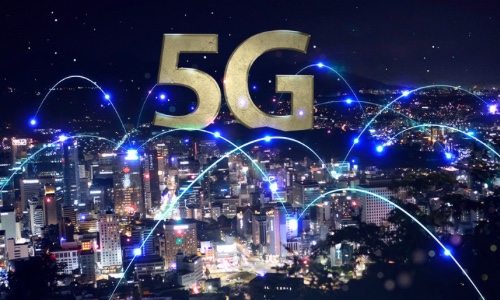5G technology has been a buzzword in the tech industry for several years now. With its promise of faster speeds and improved connectivity, it’s no surprise that people are eagerly awaiting the widespread adoption of 5G networks. But what exactly is 5G, and how will it impact the future of technology?
To put it simply, 5G is the fifth generation of mobile networks. It promises to be much faster and more reliable than its predecessors, with speeds up to 100 times faster than 4G. This increased speed and reliability will enable a wide range of new applications and technologies that were previously impossible.
One of the most significant impacts of 5G will be on the Internet of Things (IoT). With 5G, it will be possible to connect more devices than ever before, including everything from smartphones and laptops to home appliances and even vehicles. This increased connectivity will pave the way for new applications in areas such as smart cities, healthcare, and transportation.
For example, with 5G networks, healthcare providers will be able to remotely monitor patients in real-time, using devices such as wearables and sensors. This will enable doctors to provide more personalized care and make better-informed decisions based on real-time data.
In the transportation industry, 5G will enable new applications such as autonomous vehicles, which will rely on real-time connectivity to communicate with other vehicles, infrastructure, and pedestrians. This will improve safety, reduce congestion, and pave the way for more efficient and sustainable transportation systems.
The entertainment industry will also see significant impacts from 5G technology. With faster speeds and lower latency, it will be possible to stream high-quality video content without buffering, even in crowded areas such as stadiums and airports. This will enable new applications such as virtual reality (VR) and augmented reality (AR), which require high-speed connectivity and low latency to work properly.
However, there are also some challenges that come with the adoption of 5G networks. For example, the infrastructure required to support 5G is much more complex than that of previous generations, and the cost of building out these networks is significant. Additionally, there are concerns around security and privacy, as more devices become connected to the internet and the potential for cyber attacks increases.
Despite these challenges, the potential benefits of 5G technology are significant. With faster speeds, lower latency, and increased connectivity, 5G will enable new applications and technologies that were previously impossible. From healthcare and transportation to entertainment and beyond, the future of technology looks brighter than ever with the adoption of 5G networks.


